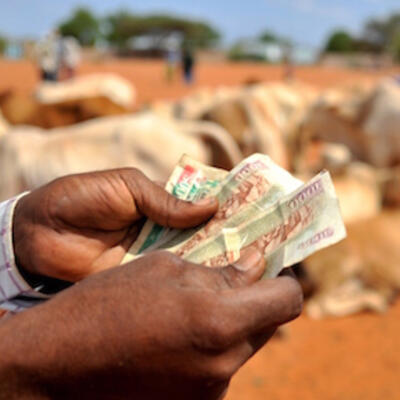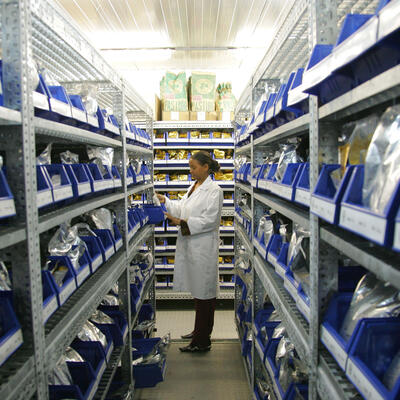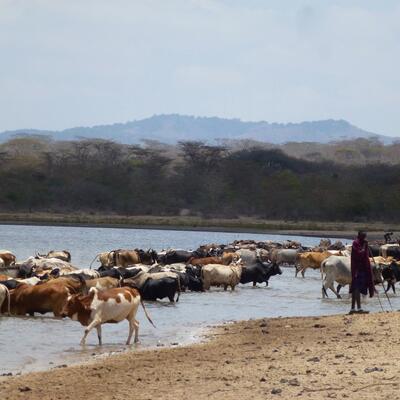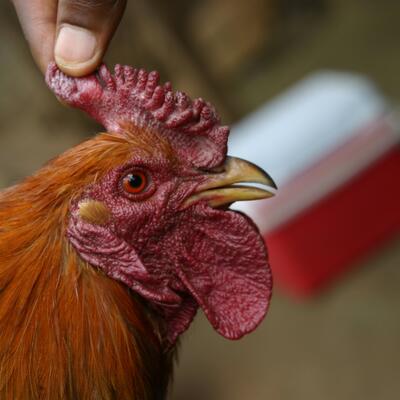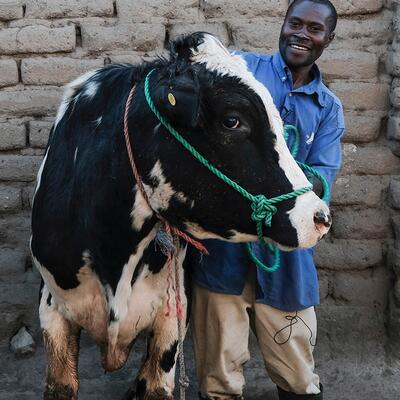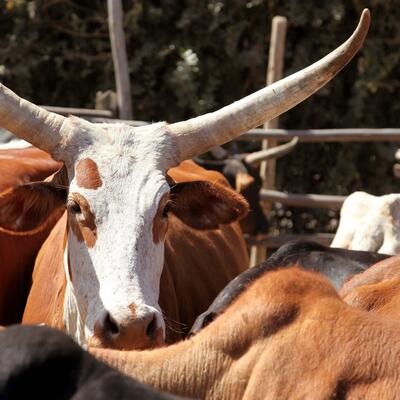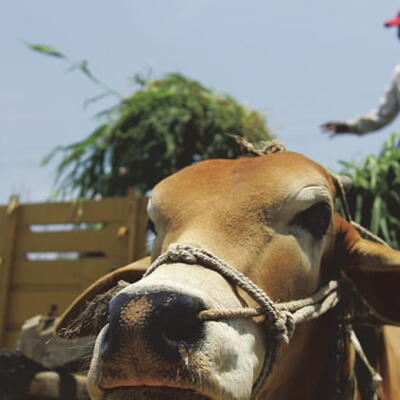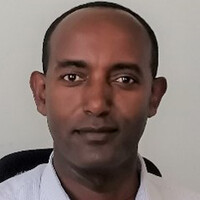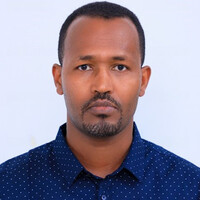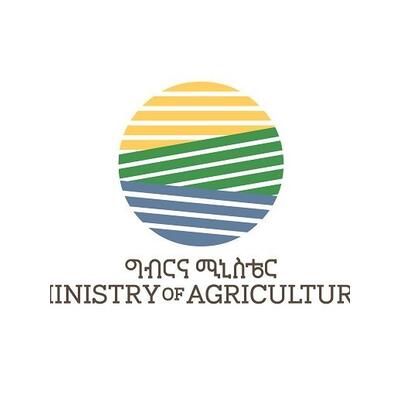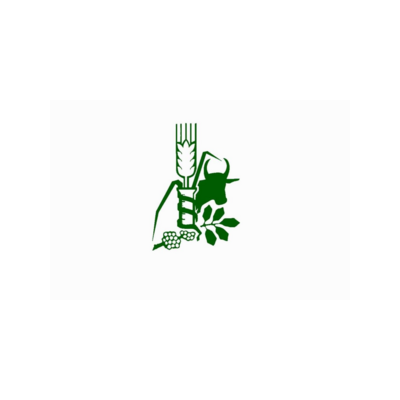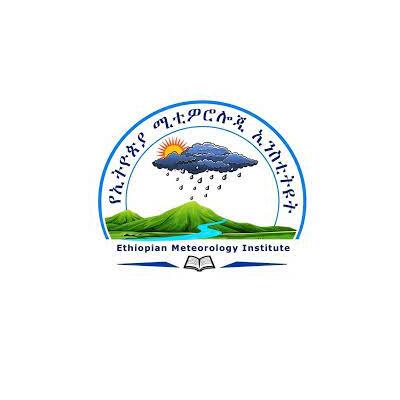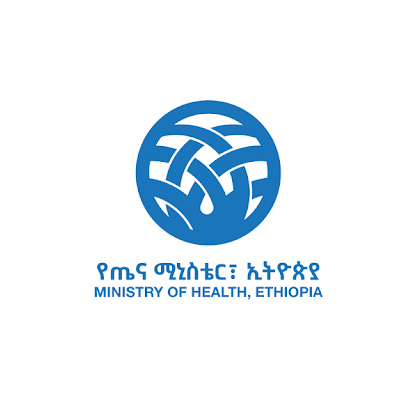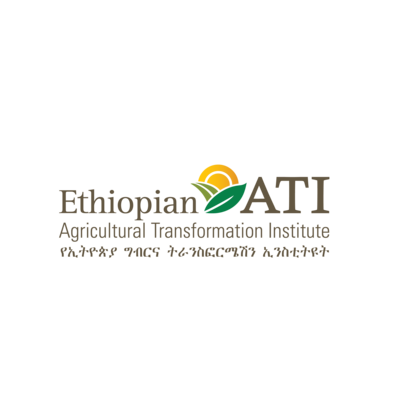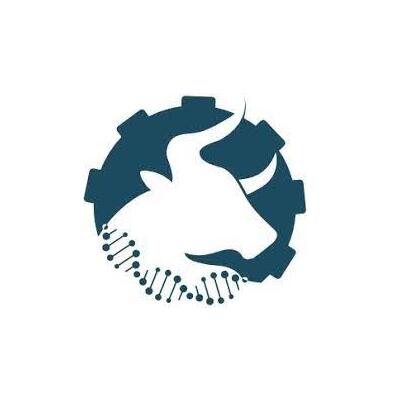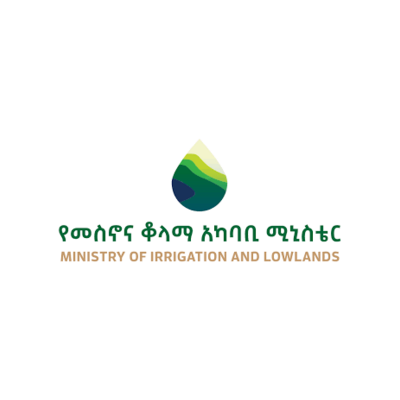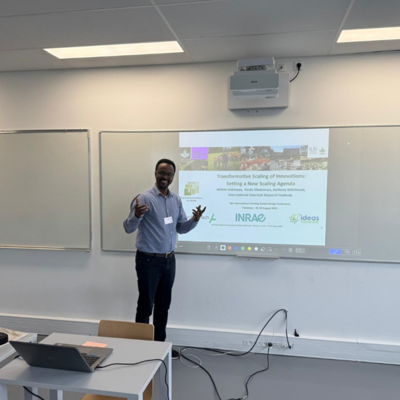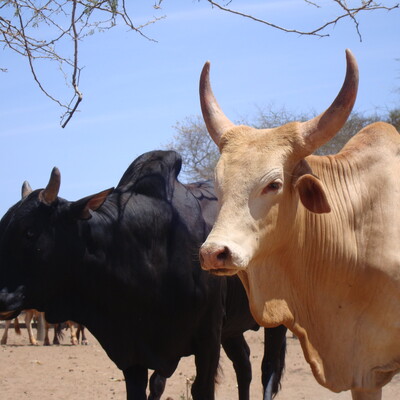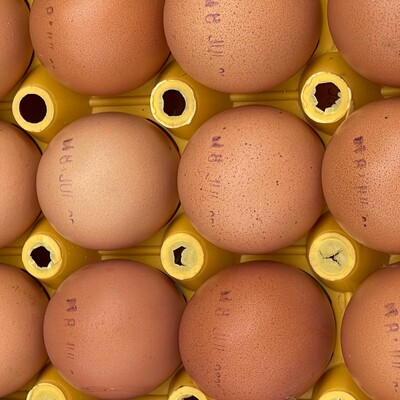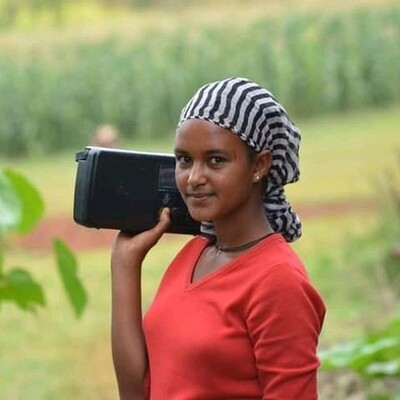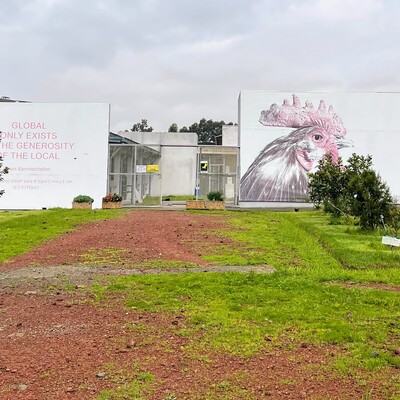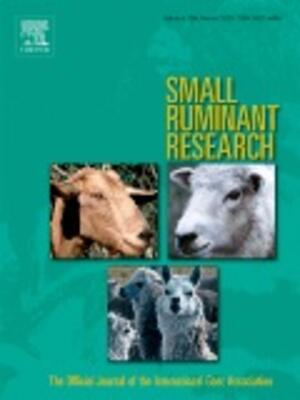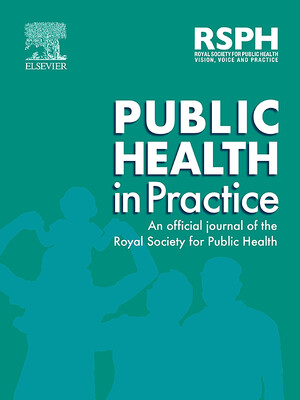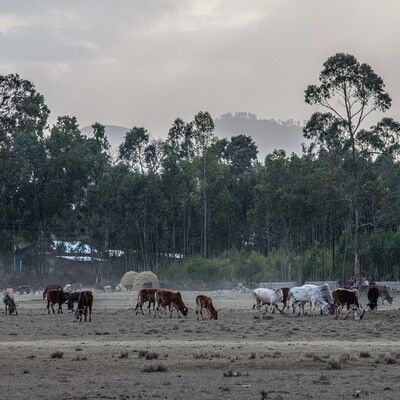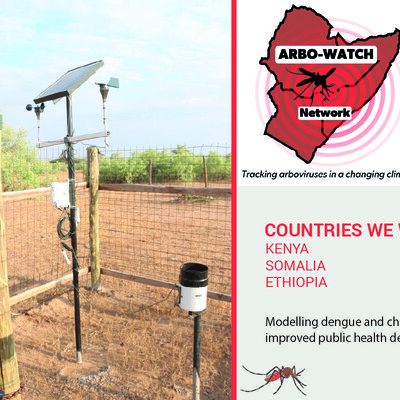
Ethiopia
How is ILRI addressing these challenges
Established in Ethiopia in 1974, ILRI has a rich history of projects that have delivered positive research and development outcomes in the livestock and agriculture sector. Today, ILRI’s research in Ethiopia is focused on:
- Poultry, including identifying climate resilient, locally adapted, farmer preferred and economically viable chicken strains, and improving indigenous and commercial chicken strains through selective breeding.
- Dairy genomic evaluation, including the national dairy cattle data platform, and innovative reproductive biotechnology tools and techniques.
- Animal and human health, including the application of One Health approaches, vaccine and diagnostic development, food safety and control of emerging infectious and zoonotic diseases.
- Sheep and goats, including community-based breeding programs and reproductive technologies, climate smart integrated ruminant innovations and data management platform.
- Crop technologies and improvement, including crop management, post-harvest and utilization, seed system technologies and National Agriculture Research Systems (NARS) capacity building.
These areas are aligned with Ethiopia’s development priorities as well as CGIAR’s objective to create a food-secure future dedicated to transforming food, land and water systems in a climate crisis. They are being implemented in collaboration with key national actors and research-for-development partners in the country.
ILRI is ensuring that national partners enhance their capacity both individually and institutionally in terms of knowledge, systems and practices. Furthermore, ILRI is working with policymakers and contributing to the policy making process by providing research evidence and up-to-date knowledge and techniques.

Testimonials

Likawent Yeheyis
Director, Livestock Research Amhara Regional Agricultural Research Institute
Over the last several years, ILRI has been one of the most trusted partners of the Amhara Regional Agricultural Research Institute. My institute has benefited immensely from ILRI’s Tropical Poultry Genetics Solutions program in terms of technical backstopping, direct financial support, and human and physical capacity building, for which we are most grateful.’

H.E. Dr. Fikiru Regassa
State Minister, Ethiopia Ministry of Agriculture
The Ethiopia Livestock Master Plan (LMP) that ILRI had supported the development of identified critical strategic areas that need attention. This masterplan is still very relevant today and the Poultry Development Strategy builds on this effort to pay special attention to the poultry sector.’
Ongoing work and facilities
STAFF
Partners
ILRI also works with regional Agricultural Research Institutes, other federal ministries, universities, regional state government offices, local and international NGOs, donors, CGIAR centers, the private sector, local communities, and their representatives as well as development projects.
You may also like
Related Publications

Reusable plastic crates vs. wooden crates: Comparing microbial contamination and costs during long-distance transportation of tomatoes in Ethiopia







